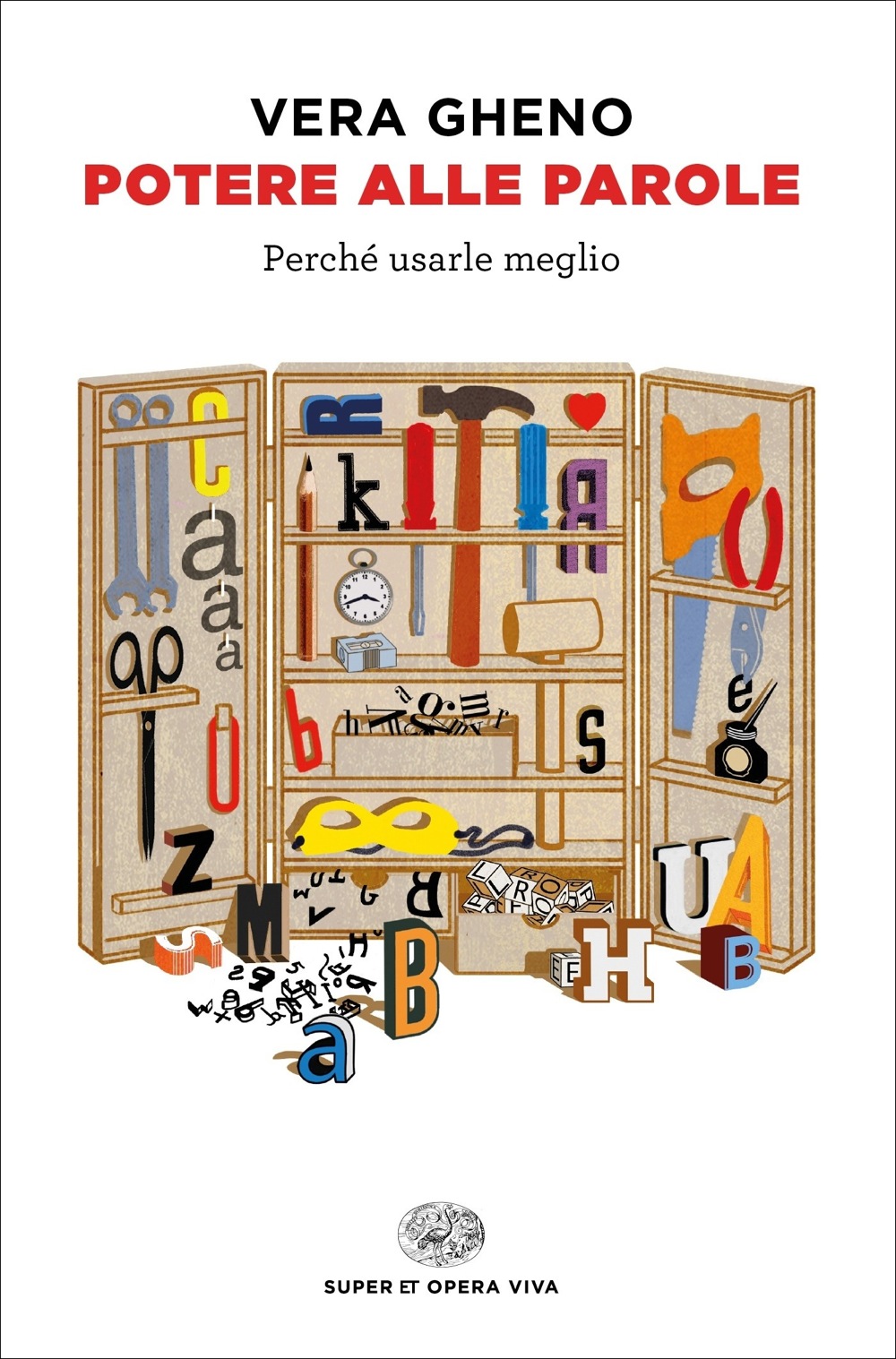Vera Gheno’s “Potere alle Parole” (Power to the Words) is an essay on the importance of appropriate use of the (Italian) language, not just in written works but also and predominately in everyday life.
What would we think of a person who, having a vast wardrobe of beautiful clothes, always wore the same suit out of laziness? These situations appear unlikely; yet, they are examples of the attitude that many have towards their language: they have access to an immense, incalculable patrimony, which out of indolence, or fear, or inexperience, they use partially. Even if the Italian does not need to be saved or preserved, we should love it more because it is a magnificent instrument. It is a shame to limit ourselves to only a superficial frequentation.
Vera Gheno is a sociolinguist. She teaches at the Universities of Florence and Siena. She collaborates with the “Accademia della Crusca”, the most important research institution of the Italian language and the oldest linguistic academy in the world. She is also a phenomenal popularizer. I am sure that some concepts and notions expressed here are well known to the knowledgeable person, but this book is not targeted to that kind of reader. I think this work is purposedly aiming at the general public.Yet, I suspect it would remain enjoyable to those in the field mainly thanks to its always fresh and entertaining style.
 One of the many takeaways is that languages change, evolve, and constantly
adapt over time. Hence there is no standard, norm, or canon set in stone. New
words are minted continuously. At the same time, some others decay and slowly
disappear. Words initially borrowed from foreign languages (English, yes, but
also French, and many other unexpected ones, like Hungarian) enter the
dictionary to become part of the norm. We old farts should not be so quick to
condemn our kids’ slang: some of their jargon will soon be forgotten, some will
join the canon. The same happened, of course, in our time and forever before.
One of the many takeaways is that languages change, evolve, and constantly
adapt over time. Hence there is no standard, norm, or canon set in stone. New
words are minted continuously. At the same time, some others decay and slowly
disappear. Words initially borrowed from foreign languages (English, yes, but
also French, and many other unexpected ones, like Hungarian) enter the
dictionary to become part of the norm. We old farts should not be so quick to
condemn our kids’ slang: some of their jargon will soon be forgotten, some will
join the canon. The same happened, of course, in our time and forever before.